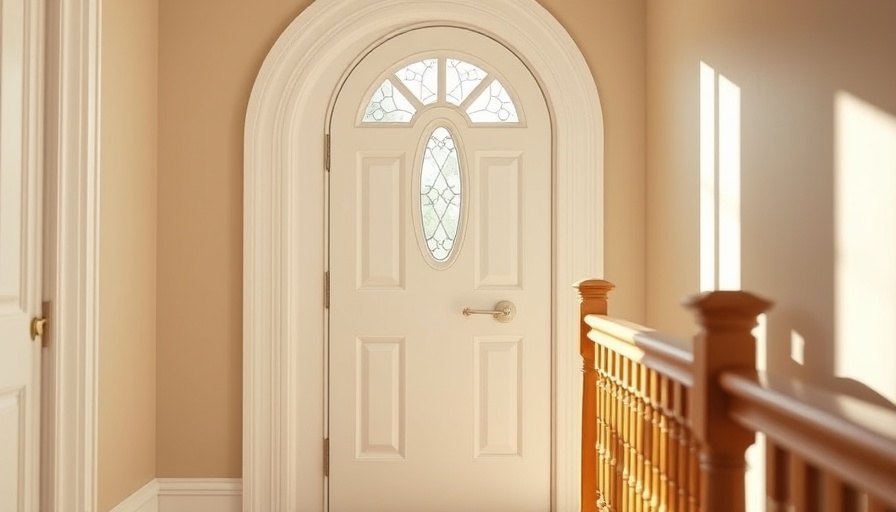
Understanding Your Options: Selling a House That Needs Repairs
Selling a house that requires repairs can be daunting. Whether you face structural issues or outdated systems, it’s crucial to understand the implications of your choice. In a market saturated with well-maintained homes, buyers often hesitate when confronted with properties in disrepair. However, with a strategic mindset, you can transform this challenge into a profitable sale.
Market Realities: Pricing Expectations
When selling a fixer-upper, anticipate that your sale price will likely fall 10-20% below the market value of similar homes in pristine condition. This price adjustment reflects the risk buyers take on—especially in markets where access to conventional financing is hampered by your home’s condition. For sellers keen on a swift sale, accepting a lower price may serve as a necessary compromise.
The Speed of Sales: Trade-Offs of Selling As-Is
Selling without making repairs can expedite the sale process—a major advantage for those needing to unload their property quickly. If you choose this route, be prepared for a buyer pool that primarily consists of cash buyers or investors who are less concerned about the immediate condition of the home. This streamlined sale process can mitigate the drawn-out timelines associated with repairs and renovations that may delay your ability to sell.
Making Repairs: Weighing the Benefits
Conversely, embarking on repairs prior to listing your home can open the door to a broader spectrum of buyers, including those qualifying for loans like FHA or VA financing. While this choice may extend your timeline and require an upfront investment in labor and materials, the price potential is often far greater. The right repairs can enhance your home's appeal, making it competitive in the housing market.
Strategic Decision-Making: Which Repairs Matter?
Before deciding to repair or not, identify which renovations will yield the best return on investment (ROI). Invest in fundamental updates that boost functionality and safety—like fixing structural issues, updating plumbing or electrical systems, and improving curb appeal. These enhancements not only elevate your property's market value but contribute to your home's overall desirability.
Handling the Emotional Toll: Real Estate Challenges
Managing the sale of a property in disrepair can be stressful. Sellers may grapple with a range of emotions concerning their home—especially if it has been a long-term residence. Understanding the market dynamics, including timeframes and pricing, can provide clarity and alleviate anxiety. Remember, your home’s condition does not reflect your worth or success; it is merely an aspect of the broader real estate landscape.
Future Opportunities: How to Navigate Potential Hurdles
Looking ahead, whether you choose to sell as-is or make repairs, each path presents unique opportunities. By researching local market trends and connecting with real estate professionals, you can navigate challenges confidently and strategically. Both options come with their own sets of rewards and potential risks; thus, informing yourself about these choices is imperative to ensure you make the decision that aligns best with your financial objectives and personal needs.
In conclusion, whether you opt to sell with repairs needed or invest time and money into renovations, you are empowered with the knowledge to make informed choices. Engage with real estate agents who understand your market and seek advice tailored to your specific situation. Armed with this insight, you can turn the daunting task of selling a problematic property into a strategic financial opportunity. Take the leap and explore what selling your fixer-upper could mean for your future.
 Add Row
Add Row  Add
Add 




Write A Comment